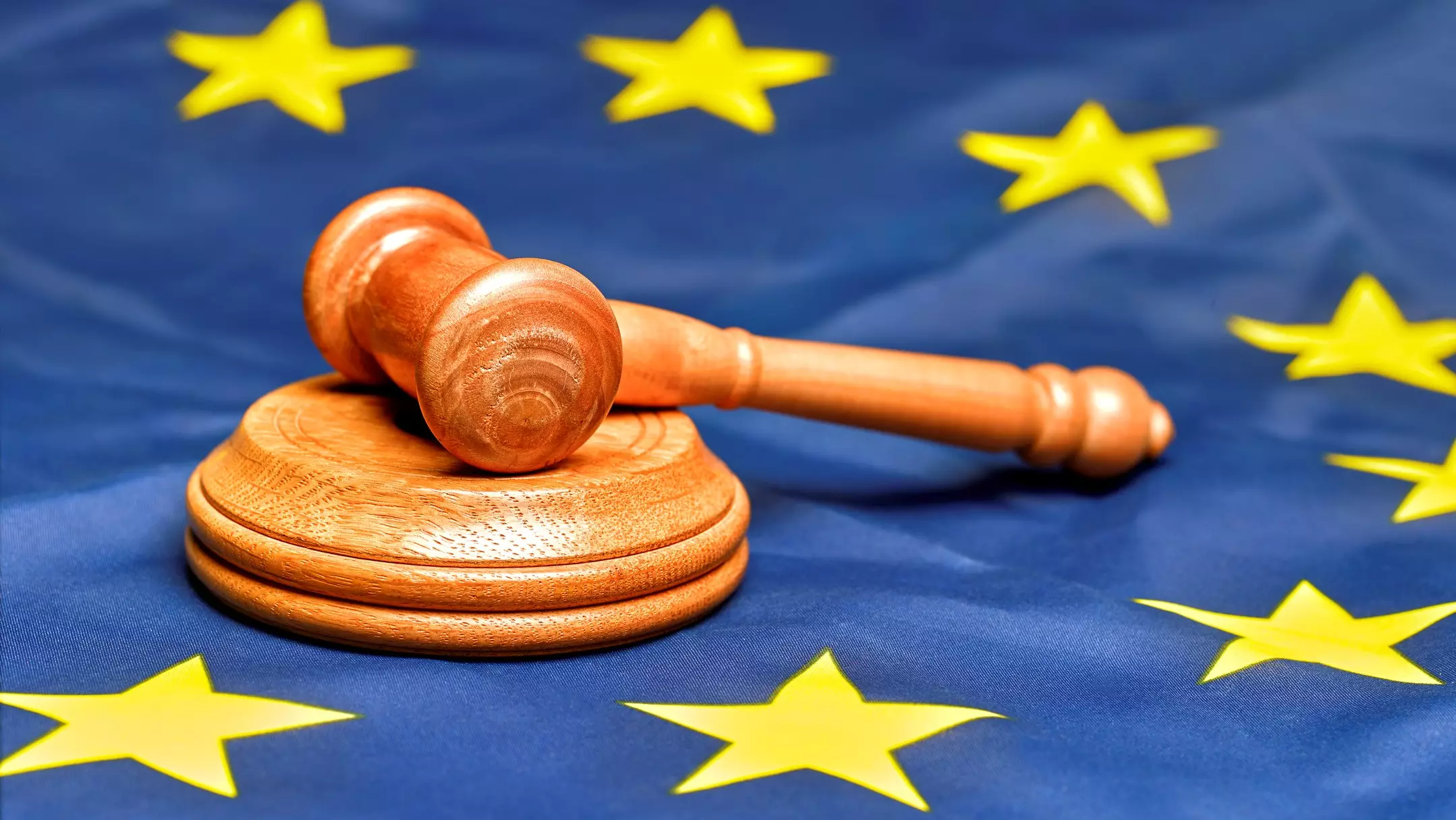The European Commission’s recent announcement regarding fines imposed on tech behemoths Apple and Meta marks a significant moment in the ongoing battle for fair digital market practices. With fines totaling a staggering €700 million, these penalties highlight an increasingly strict regulatory environment as Europe seeks to rein in the excesses of powerful digital platforms. Both companies have been found guilty of breaching key provisions of the Digital Markets Act (DMA), demonstrating that even the mightiest players in the technology sector aren’t above the law.
Apple’s App Store Antics
Apple’s hefty €500 million fine stems from violations related to anti-steering rules that govern how app developers can engage with consumers. The European Commission found that Apple has essentially stifled competition by imposing unjust restrictions on app developers. Specifically, these restrictions prevent developers from informing potential customers about alternative offers available outside of Apple’s tightly controlled App Store ecosystem.
This anti-steering violation is particularly concerning, as it undermines the principles of competition and consumer choice that the DMA aims to protect. The Commission expertly points out that these measures not only deny developers the ability to promote better deals, but also inhibit consumers from accessing potentially superior offerings. It poses a crucial question: how can we genuinely consider the digital economy to be free and fair when audited giants like Apple can manipulate the landscape to their advantage?
Meta’s “Consent or Pay” Dilemma
On the flip side, Meta has incurred a €200 million fine for a distinct but equally troubling breach of the DMA. This relates to their so-called “consent or pay” advertising model employed on platforms like Facebook and Instagram. Under this model, users are faced with an uncomfortable choice: either agree to the pervasive combination of their personal data for personalized ads or fork over a monthly subscription for an ad-free experience.
The Commission rightly critiques this model for neglecting to provide users with the fundamental option of a service that respects their privacy without requiring additional fees. In an age where data privacy and user rights are at the forefront of technological discussions, to find a company like Meta using coercive tactics for data handling is alarming. It illuminates a deeper concern about how consumers are perceived as mere revenue sources rather than individuals with rights and preferences.
The Financial Implications: A Drop in the Ocean?
While the fines seem significant in isolation, they bear little weight against the immense financial scale of these corporations. Meta, for instance, reported losses of $17.7 billion in its Reality Labs division for 2024, overshadowed by its impressive annual revenue of $164.5 billion. Similarly, Apple’s first-quarter revenue of $124.3 billion starkly illustrates how these fines, amounting to mere hundreds of millions, may not serve as a meaningful deterrent to malpractices.
The reality is that in the grand scheme of their operations, these fines are akin to slaps on the wrist rather than the enforced accountability that the DMA seeks to establish. The major takeaway here is unsettling: when companies are robust enough to absorb these losses as a mere cost of doing business, the regulatory measures intended to promote fair competition become toothless.
Future Directions: Regulating the Titans
As we look to the future, this situation compels us to consider whether the regulatory tools currently at our disposal are sufficient to keep tech titans in check. The DMA represents a vital step toward fostering a competitive digital landscape, yet it raises broader questions about the effectiveness and scalability of such regulations.
As society leans more heavily on digital platforms for a multitude of services, the timing is ripe for legislators to adopt tougher standards that truly promote consumer welfare. Nevertheless, it remains to be seen whether the fines imposed on Apple and Meta will prompt genuine changes in their practices, or if these tech powerhouses will continue to exploit loopholes and resist reform. Without robust consequences and an engaged public, the fight for accountability in the tech sector may very well persist as an uphill battle.
It’s time we reevaluate our expectations for transparency and fairness from these major players. Just as they shape our daily digital experiences, they must also be held accountable when they step beyond the lines drawn for fairness in the digital marketplace.

